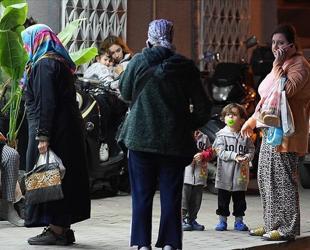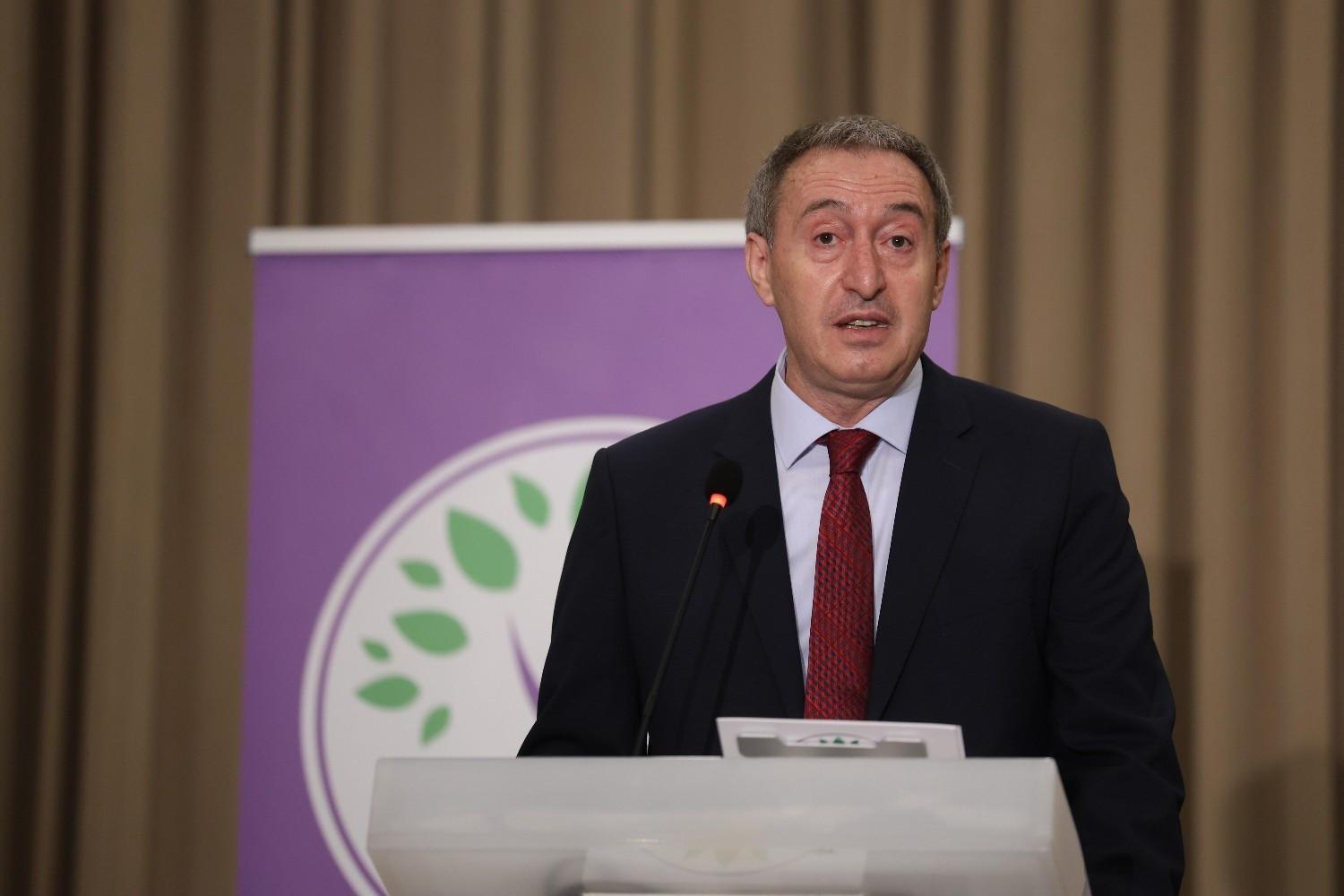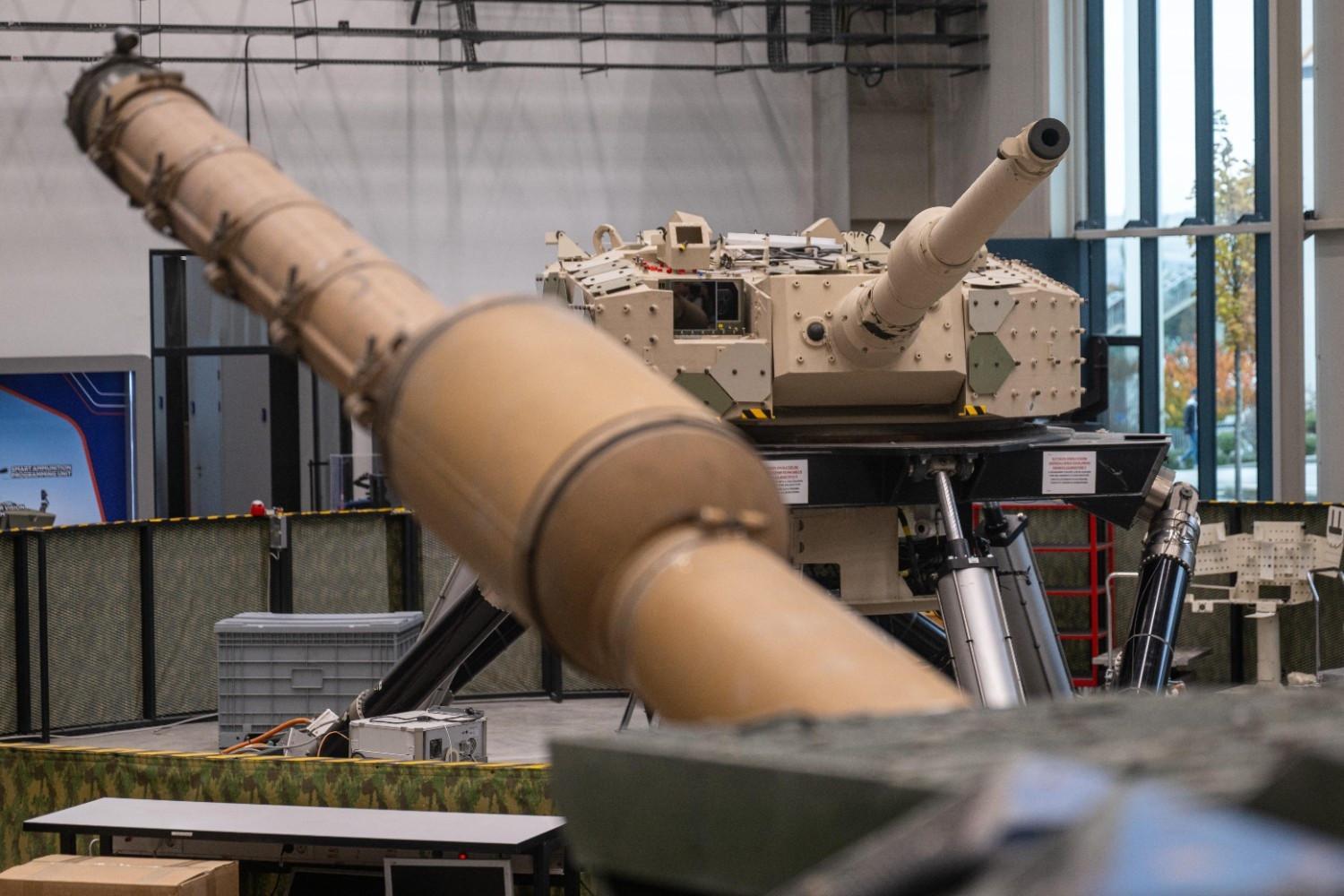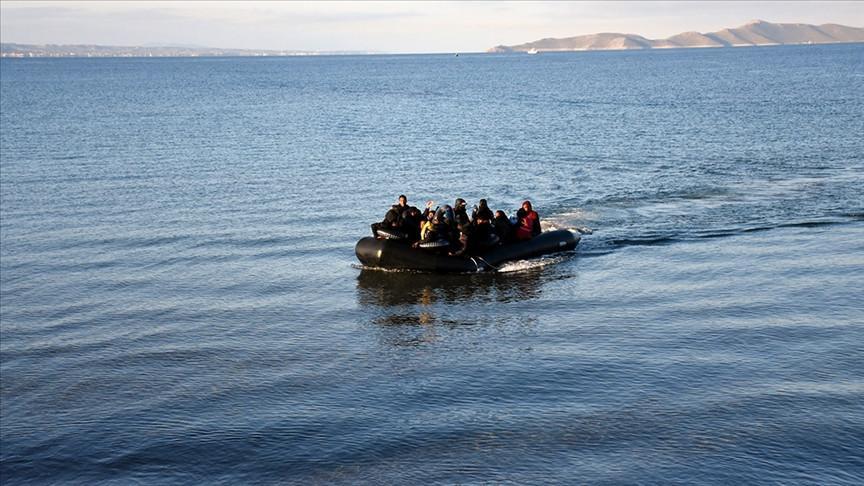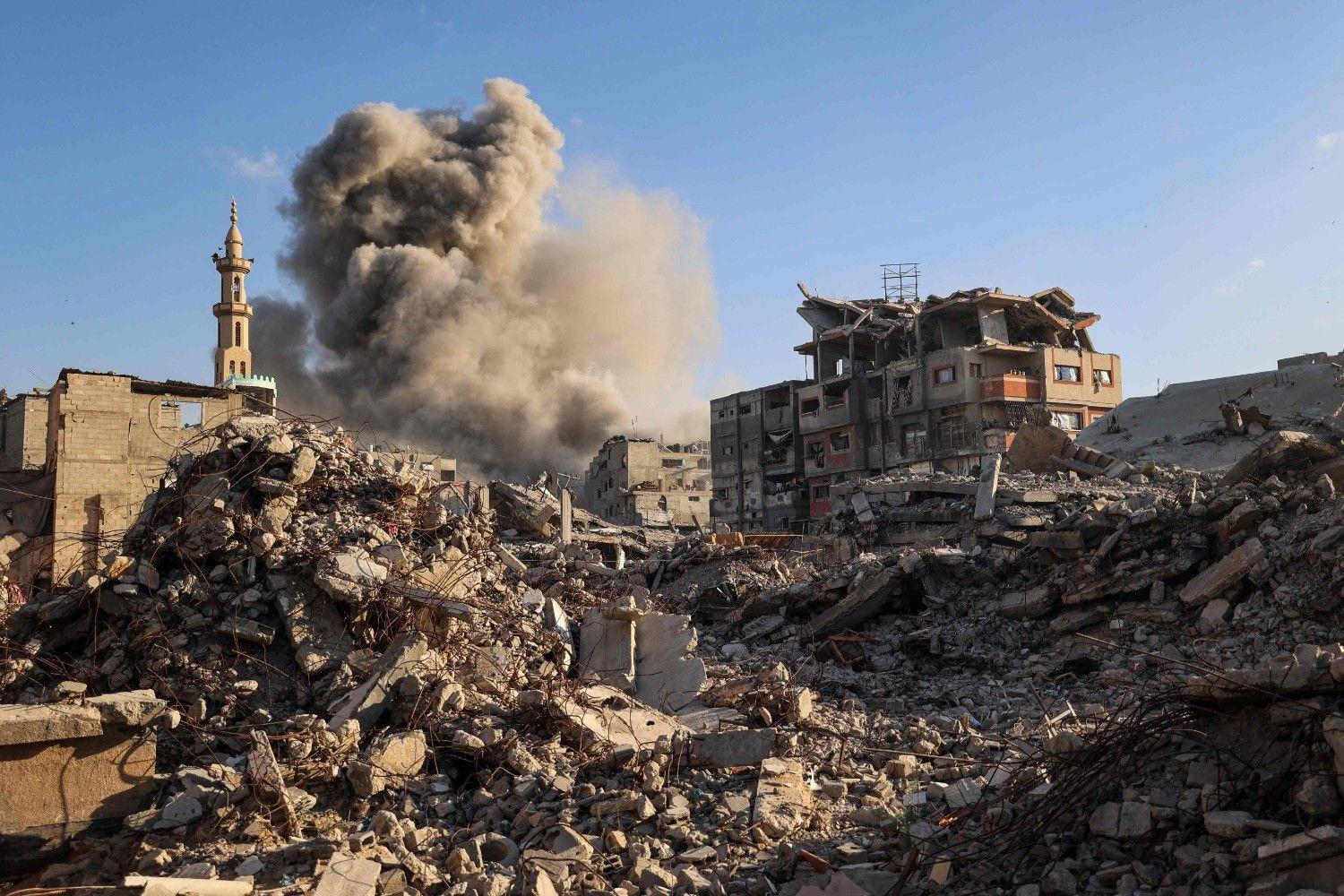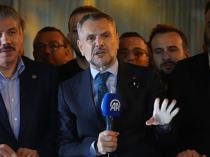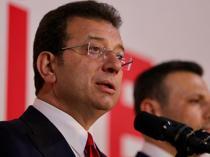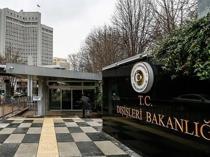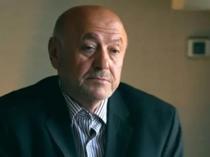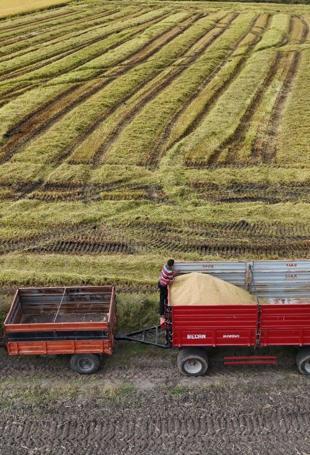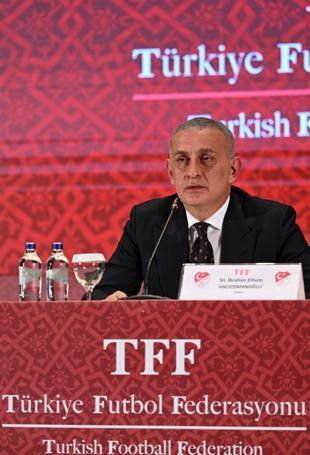PKK says withdrawing all forces from Türkiye to north Iraq
ANKARA
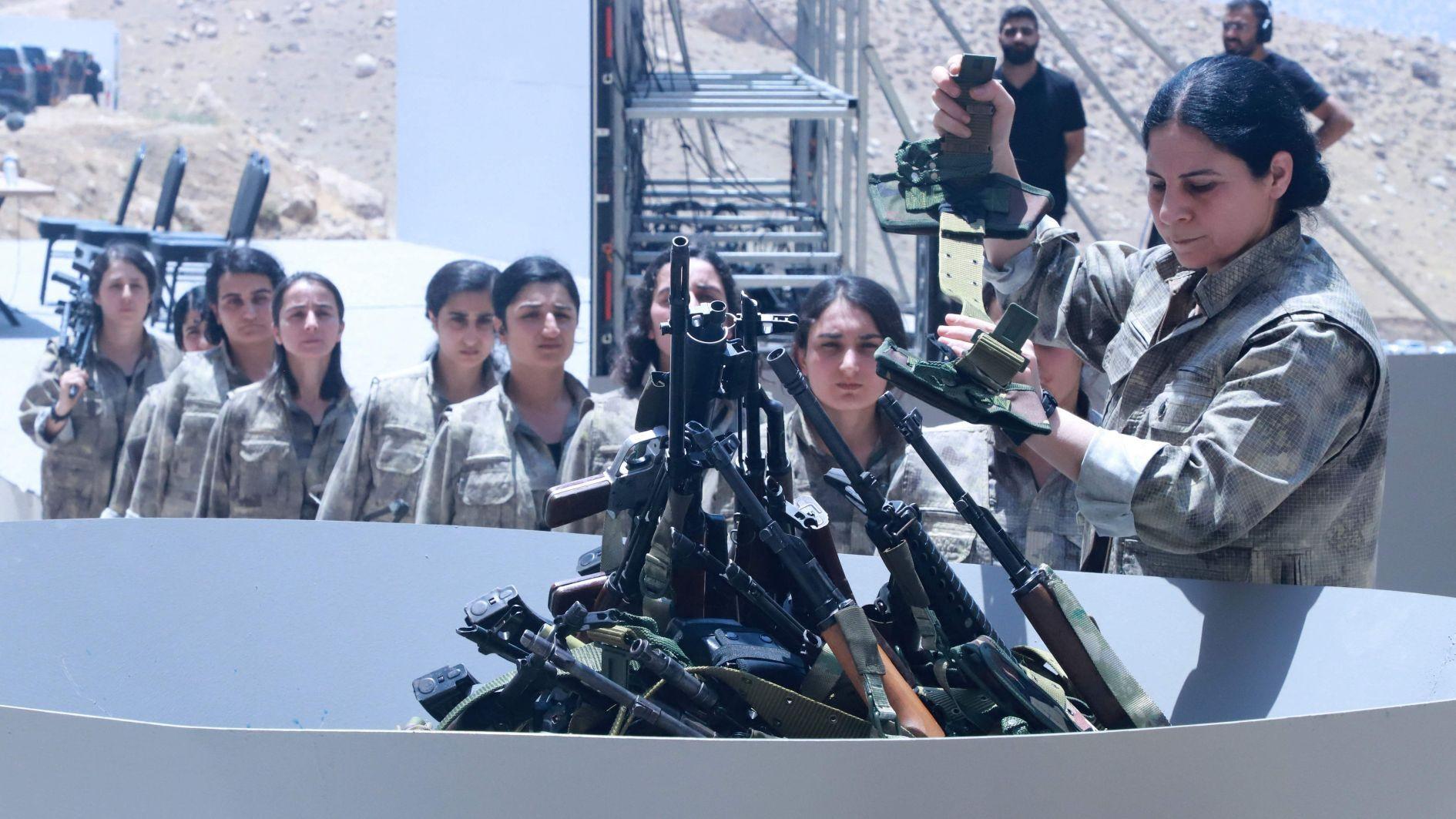
This photo shows PKK lining up to put their weapons into a pit during a ceremony in Iraq, on July 11, 2025.
PKK said on Oct. 26 it was withdrawing all its forces from Türkiye to northern Iraq as part of an ongoing peace initiative with the government.
The terror group formally renounced its armed struggle against Türkiye in May, drawing a line under four decades of violence that has claimed some 50,000 lives.
"We are implementing the withdrawal of all our forces within Türkiye," the PKK said in a statement read out at a ceremony in the Qandil area of northern Iraq.
At the ceremony were 25 members — eight of them women — whom PKK said had just left Türkiye.
Ankara hailed the move as "concrete results of progress" in efforts to end one of the region's longest-running conflicts.
PKK urged the Turkish government to waste no time in taking the necessary legal steps to advance the process, which began a year ago.
"The legal and political steps required by the process ... and the laws of freedom and democratic integration necessary to participate in democratic politics must be put in place without delay," it said.
"Significant steps need to be taken, legal arrangements for a process compatible with freedom," a senior PKK member told journalists at the ceremony, referring to laws governing the fate of those who renounce the armed struggle.
"We want laws that are specific to the process, not just an amnesty."
The terror group has said it wants to pursue a democratic struggle to defend the rights of the Kurdish minority in line with a call by its jailed leader, Abdullah Öcalan.
"This decision to withdraw is the most concrete expression of (the PKK's) resolve on the path to peace," DEM co-chair Tuncer Bakırhan told reporters, describing it as "one of the most critical and significant steps".
"At this point, the first phase of the (peace) process has concluded," he said, urging the government to press ahead with the "critical and vital second phase ... (of) legal and political steps".
"Parliament must facilitate and develop this process. Legal arrangements must be made for the transition period. These will not only be technical arrangements, they will be the building blocks of peace," he said.
"A solution to the Kurdish issue means the democratization of Türkiye, we all win."
Türkiye began indirect talks with PKK late last year in a move backed by President Recep Tayyip Erdoğan, who hailed a move to start destroying weapons in July as a victory.
The parliament has also set up a cross-party commission that is working to lay the groundwork for the peace process, which involves preparing the legal framework for the political integration of the PKK and its fighters.
The 48-member panel is due to complete its work by the end of the year, but that deadline could be extended if needed by two-month periods, its chairman said in August.
It is also tasked with deciding the fate of Öcalan, who has been held in solitary confinement on the İmralı prison island off Istanbul since 1999.
Foreign Minister Hakan Fidan and Justice Minister Yılmaz Tunç will visit the panel's 16th meeting on Oct. 30 to give an update regarding developments in the process.
In July, PKK held a symbolic ceremony in the mountains of northern Iraq at which they destroyed a first batch of weapons, which was hailed by Türkiye as "an irreversible turning point."
The Peoples’ Equality and Democracy Party (DEM Party) has played a key role in facilitating an emerging peace deal, with media reports saying a party delegation would meet with Erdoğan in the coming days before travelling to see Öcalan on İmralı.
The pro-Kurdish party is pushing for a bill to lift the ban on conditional release from aggravated life sentences, allowing prisoners to become eligible after 25 years behind bars. However, Turkish officials have consistently ruled out any changes to Öcalan’s sentence.
PKK is recognized as a terror group by Türkiye, the United States and the European Union.

